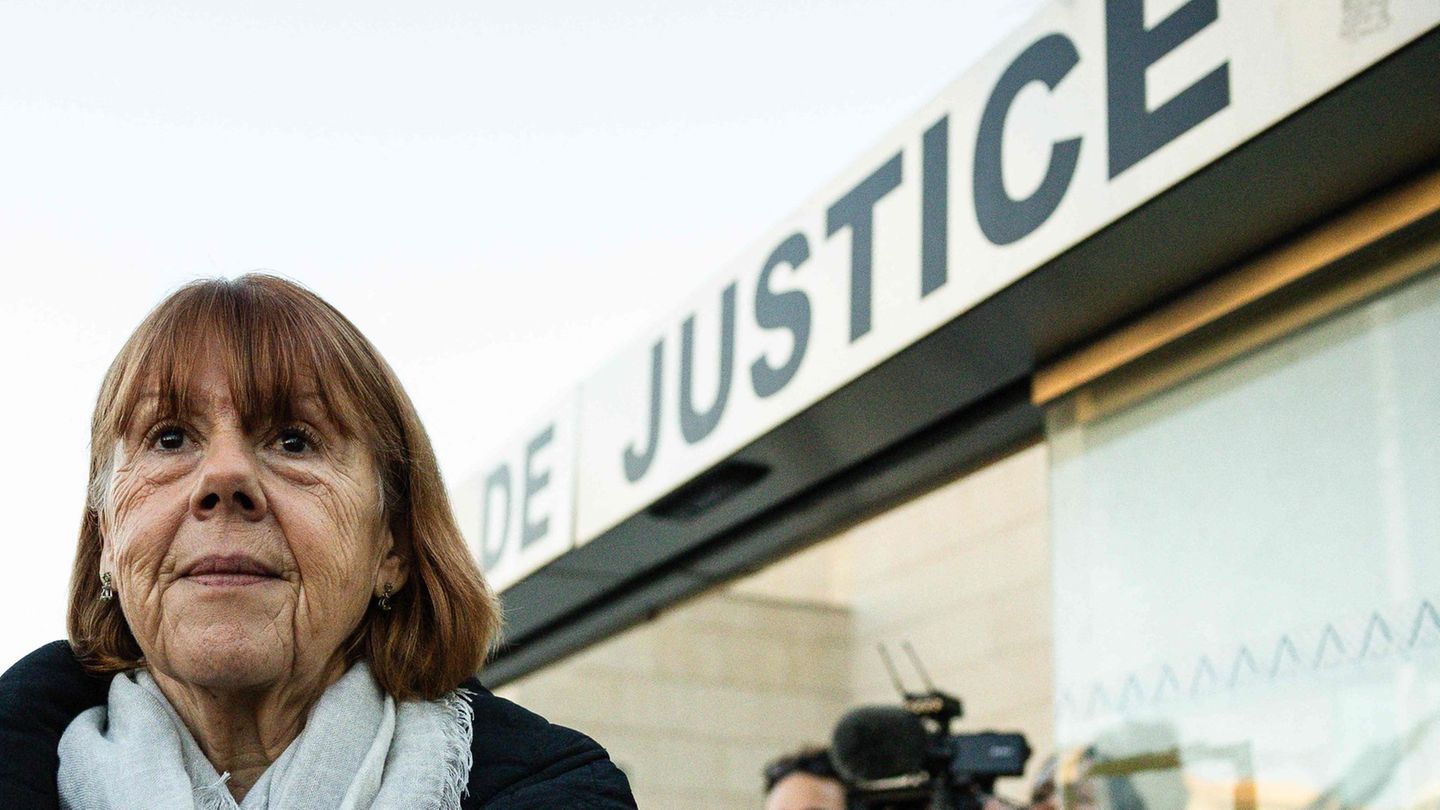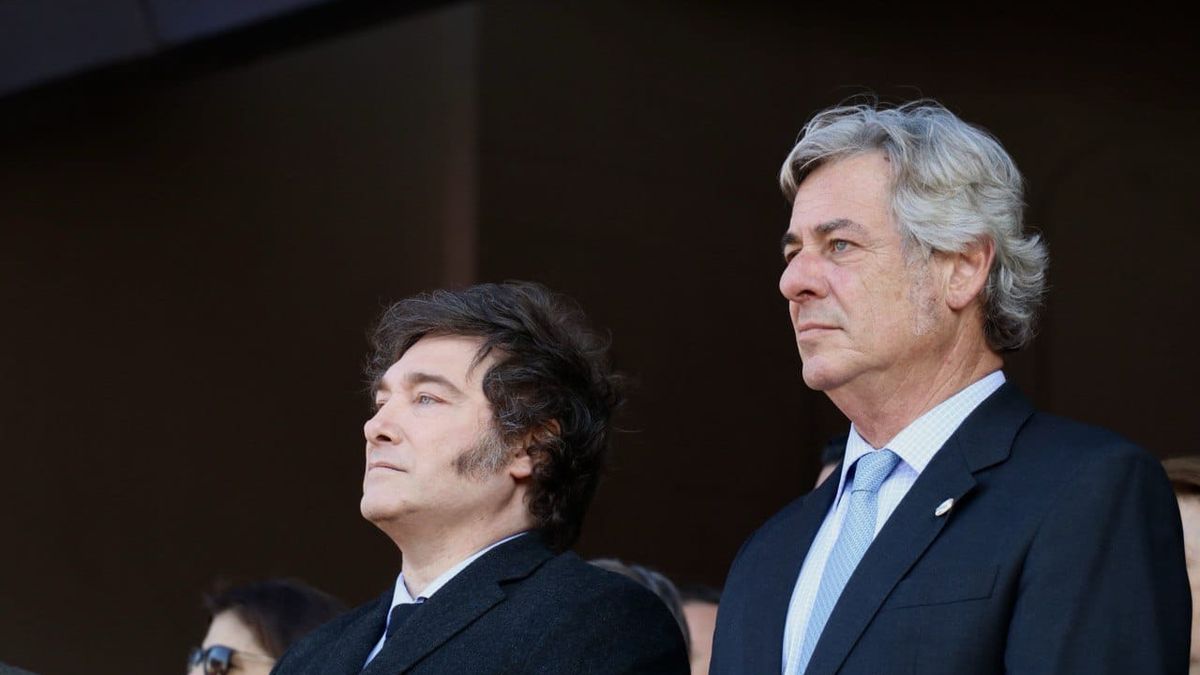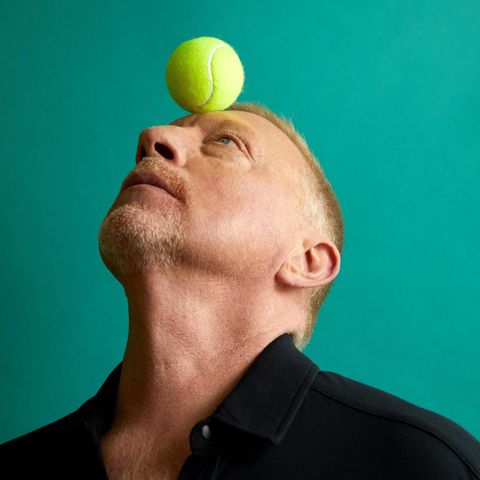North Rhine-Westphalia elects a new state parliament – and the election is very exciting: Because the CDU and SPD are very close to each other in polls. When it comes to the future government alliance, everything is open.
North Rhine-Westphalia is facing an exciting state election with a completely open outcome: On Sunday, around 13 million eligible voters in the most populous federal state are called to vote.
Until recently, the CDU with Prime Minister Hendrik Wüst (46) and the SPD with challenger Thomas Kutschaty (53) were neck and neck in polls. The polling stations in North Rhine-Westphalia are open from 8 a.m. to 6 p.m.
Election in NRW indicator for federal parties
In Berlin, too, politicians are looking tensely to the West. Among the state elections this year, the NRW election is the most important indicator for the federal parties and the governing traffic light coalition under SPD Chancellor Olaf Scholz. Because of the large number of those entitled to vote, it is also known as the “small federal election”.
Last Sunday, the CDU with Prime Minister Daniel Günther clearly won the election in Schleswig-Holstein. Previously, the SPD with Anke Rehlinger had won the state elections in Saarland in March. In NRW, however, neither incumbent Wüst nor Kuchaty has a favorite role.
Close race between CDU and SPD
In several surveys, a tight race between the CDU and SPD has recently emerged. With around 30 to 32 percent, the CDU was just ahead of the SPD with 28 to 29 percent. In most surveys, the CDU has a lead of two to three percentage points over the SPD – a statement on the ranking of the two parties is not possible because of the statistical error rate. In addition, according to polls, many voters were still undecided about whom to vote for.
However, the CDU/FDP coalition that has been in office in NRW for five years is unlikely to have a majority. The Greens are in polls at 16 to 18 percent and could achieve their best state election result with their top candidate Mona Neubaur. The FDP could only count on 7 to 8 percent, the AfD with 6 to 8 percent. With around 3 percent, the left would again miss entering the state parliament. The first forecast of the outcome of the election is expected shortly after the polling stations close at 6 p.m.
NRW no longer SPD “homeland”
The fact that NRW has long since ceased to be the “home country” of the SPD is shown by the fact that the CDU and SPD have alternated in government in recent years. In 2017, the CDU and FDP formed a coalition, until 2017 a red-green alliance was at the helm.
There could be several options for the next state government. According to surveys, in addition to a rather unpopular grand coalition of CDU and SPD, a black-green alliance or a Jamaica alliance of CDU, Greens and FDP would be possible. The SPD could also form a traffic light coalition with the Greens and FDP, as in the federal government. In some polls, it is not enough for a red-green majority.
Greens could become “kingmakers”.
The former State Transport Minister Wüst only replaced Armin Laschet as Prime Minister of North Rhine-Westphalia at the end of October 2021 after he had failed as a Union Chancellor candidate in the federal elections. Wüst would like to continue governing with the FDP, but the Liberals – like the Greens – are keeping all options open. In view of their strength, the Greens could become the “kingmaker” in the formation of a government and have already hammered in substantive pegs for possible coalition negotiations.
The head of the SPD in North Rhine-Westphalia and former state justice minister Kutschaty, who is also the deputy federal chairman of the SPD, can imagine the formation of a traffic light coalition like in the federal government. Kuchaty received strong support from Chancellor Scholz during the election campaign. Kuchaty and Scholz are also shown together on election posters. Wüst wants to cast his vote on Sunday morning in his home town of Rhede in the Münsterland region, while Kuschaty votes in his home town of Essen.
Voter turnout in 2017 was 65.2 percent.
Source: Stern
David William is a talented author who has made a name for himself in the world of writing. He is a professional author who writes on a wide range of topics, from general interest to opinion news. David is currently working as a writer at 24 hours worlds where he brings his unique perspective and in-depth research to his articles, making them both informative and engaging.




